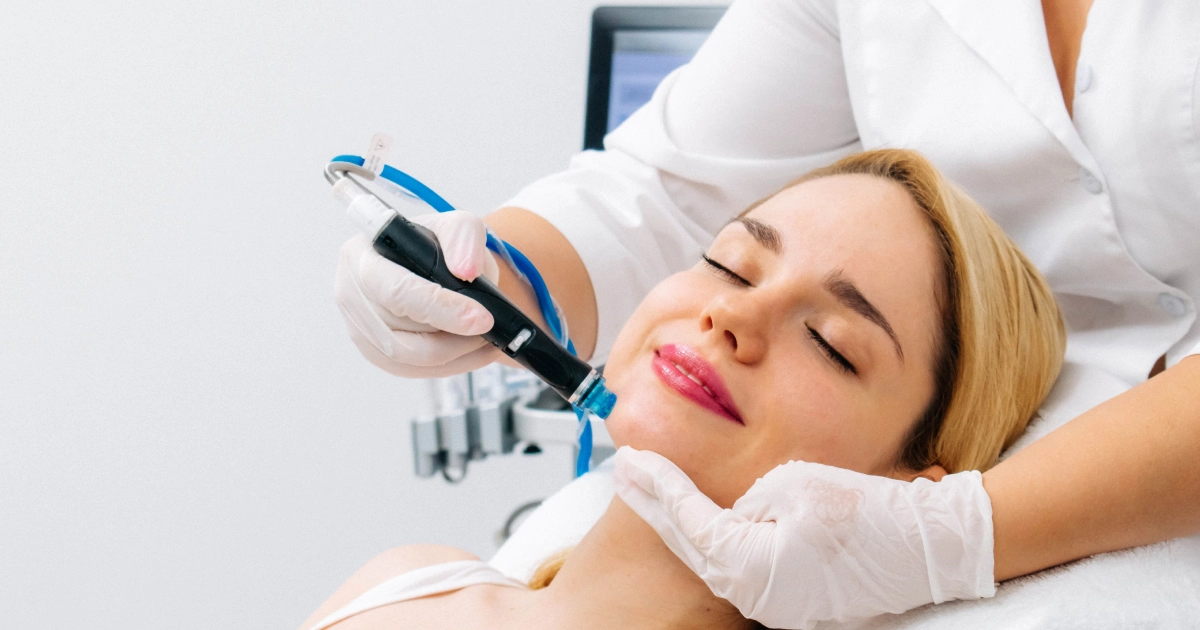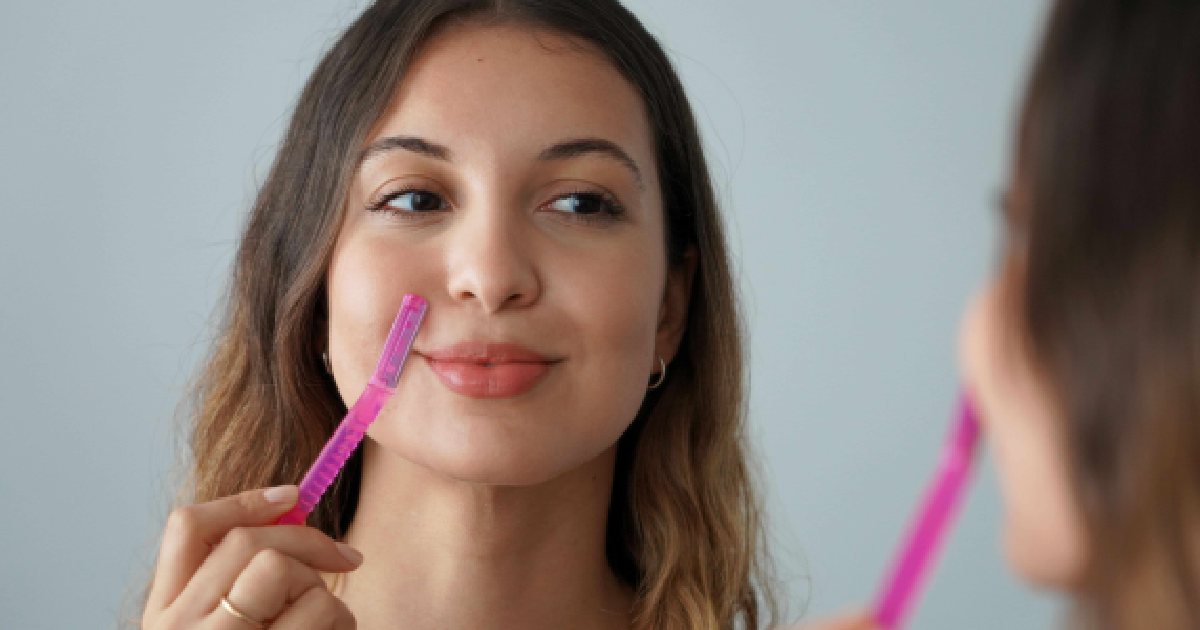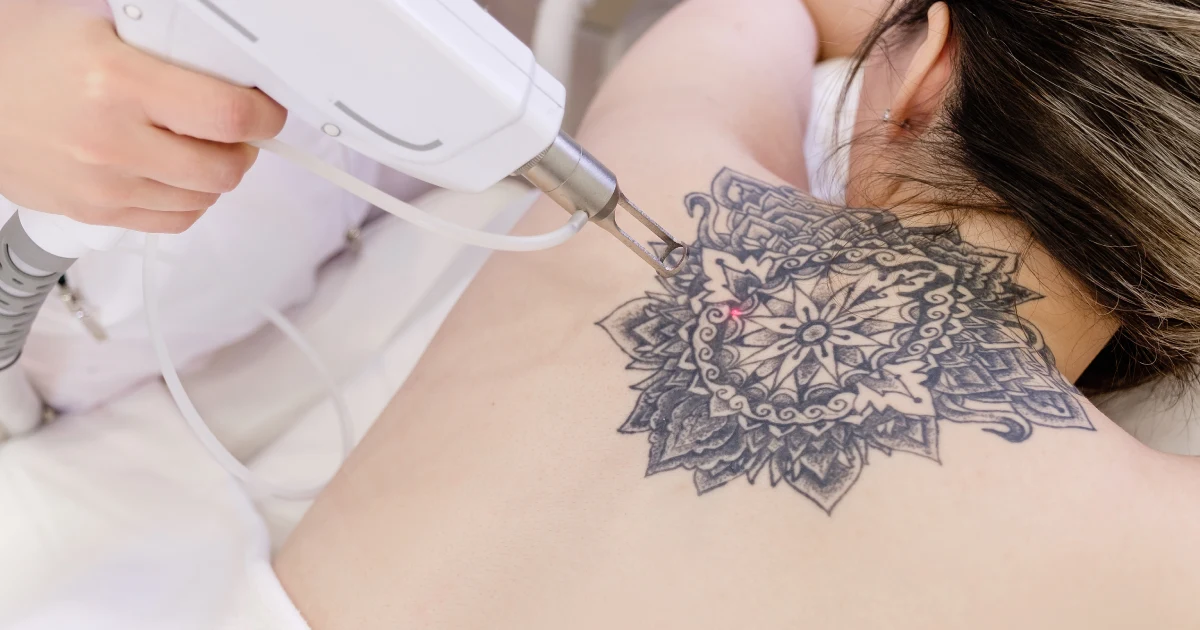
IV therapy wellness, a cutting-edge wellness practice gaining popularity, offers a comprehensive approach to nurturing the mind, body, and soul. Scientifically supported, IV therapy has been found effective in combating fatigue, addressing nutritional deficiencies, promoting optimal hydration, strengthening the immune system, and facilitating detoxification. However, it is essential to understand the process, consider individual needs, and incorporate complementary lifestyle practices to maximize the benefits of IV therapy.
Understanding IV Therapy
IV therapy is a technique that delivers vital nutrients, hydration, and other beneficial substances directly into the bloodstream through an intravenous route. By bypassing the digestive system, IV therapy ensures maximum absorption, providing immediate and effective results. This approach offers numerous benefits, including improved hydration, enhanced nutrient absorption, targeted detoxification, and strengthened immune support.
During an IV therapy session, a healthcare professional inserts a small needle into a vein, infusing fluids and nutrients into the bloodstream. This method allows the substances to bypass the gastrointestinal system, which can sometimes hinder absorption or lead to breakdown and loss of nutrients. By delivering these essentials directly into the bloodstream, IV therapy ensures efficient and direct utilization by cells throughout the body.
Conditions and Concerns Addressed by IV Therapy
IV therapy is a versatile approach that can address various conditions and concerns, providing targeted support to improve overall health and well-being.
Fatigue and low energy levels:
IV therapy can benefit individuals experiencing chronic fatigue or low energy levels. By delivering nutrients straight into the bloodstream, IV therapy helps optimize energy production at the cellular level. Key nutrients such as B vitamins, magnesium, and amino acids can boost energy levels, alleviate fatigue, and improve overall vitality.
Nutritional deficiencies:
IV therapy is highly effective in addressing nutritional deficiencies. Whether caused by inadequate dietary intake, malabsorption issues, or specific health conditions, IV nutrient infusion therapy ensures the direct delivery of essential vitamins, minerals, and other nutrients. This bypasses the digestive system’s limitations and provides maximum absorption, replenishing nutrient levels and supporting overall nutritional status.
Dehydration:
Dehydration can result from factors such as intense physical activity, illness, or inadequate fluid intake. IV hydration therapy directly and efficiently restores hydration levels by delivering fluids and electrolytes directly into the bloodstream. This rapid rehydration helps alleviate symptoms like fatigue, dizziness, and dry skin, promoting optimal bodily function.
Weakened immune system:
IV immune support therapy offers targeted assistance for individuals with a weakened immune system. By delivering immune-boosting compounds directly into the bloodstream, IV therapy enhances immune function, promotes the production of antibodies, and supports immune cell activity. This can help reduce the frequency and severity of infections and improve overall immune health.
Detoxification needs:
IV detoxification therapy can benefit individuals seeking to support their body’s natural detoxification processes. By introducing specialized substances directly into the bloodstream, IV therapy enhances the liver’s detoxification function, stimulates cellular detox pathways, and aids in removing toxins. This comprehensive detoxification support promotes organ health and overall well-being.
IV Therapy Process
IV therapy follows a structured process that involves consultation, administration, and considerations for safety and effectiveness.
Consultation and assessment:
Before undergoing IV therapy, a healthcare professional conducts a thorough consultation and assessment. This step ensures the treatment aligns with the individual’s health goals, needs, and specific conditions or concerns. The healthcare professional will review medical history, discuss symptoms, and tailor the therapy accordingly.
IV therapy administration and procedure:
Once the consultation is complete, the actual IV therapy administration takes place. A trained healthcare professional will insert a small needle into a vein, usually in the arm, to establish access to the intravenous infusion. Infusion involves delivering fluids, nutrients, or specialized substances directly into the bloodstream. The infusion rate and session duration will depend on the specific therapy and the individual’s requirements.
Duration and frequency of treatments:
The duration and frequency of IV therapy treatments vary depending on the individual’s health needs, the type of therapy, and the desired outcome. Some individuals may benefit from a single session, while others may require multiple treatments over some time for optimal results. The healthcare professional will determine the appropriate treatment plan and guide the individual accordingly.
Safety considerations and potential side effects:
IV therapy is generally considered safe when administered by qualified healthcare professionals. However, like any medical procedure, it carries a potential risk of side effects.
Common side effects may include:
- Minor bruising.
- Discomfort at the injection site.
- Temporary changes in blood pressure.
Disclose any relevant medical conditions, allergies, or medications to the healthcare professional to minimize potential risks and ensure a safe and effective therapy experience.
Complementing IV Therapy with Lifestyle Practices
As we’ve discussed, Intravenous (IV) therapy can be a powerful tool in managing health issues ranging from nutrient deficiencies to severe illnesses. However, it’s essential to remember that this treatment, while potentially transformative, doesn’t exist in a vacuum. To maximize IV therapy’s benefits, it needs to be complemented by several key lifestyle practices.
- Balanced Nutrition: Whether receiving IV therapy for a deficiency, medical treatments, or general wellness, it’s crucial to maintain a balanced diet. Foods rich in vitamins, minerals, and other essential nutrients will support your body’s health and recovery.
- Hydration: Even though IV therapy often involves hydrating the body, it is still important to drink plenty of fluids to stay hydrated. This is because your body also loses water through sweat, breathing, and other bodily functions.
- Regular Exercise: Physical activity can boost your overall health, strengthen your immune system, and improve cardiovascular health. It’s always important to consult your healthcare provider about what types and amounts of exercise are appropriate, especially when undergoing IV therapy.
- Adequate Rest: Sleep and rest are essential for healing and recovery. Maintaining a regular sleep schedule is recommended, and ensuring you get plenty of rest, particularly if you are undergoing IV therapy for an illness or medical treatment.
- Mental Health Practices: Stress can profoundly affect your body’s ability to heal and stay healthy. Mindfulness practices, such as meditation, yoga, or even simple deep-breathing exercises, can be beneficial in managing stress levels.
- Avoiding Harmful Substances: Avoiding harmful substances like tobacco, excessive alcohol, and illicit drugs is crucial. These substances can hinder the effectiveness of IV therapy and harm your overall health.
Takeaway
Ready to unlock the transformative potential of IV therapy and enhance your well-being? Contact Ella Esthetics today and embark on a journey toward optimal health. Our team will guide you in the IV therapy process through consultation, tailoring treatments to your specific needs. Experience the benefits of hydration, nutrient infusion, detoxification, and immune support therapies, all aimed at nurturing your mind, body, and soul.
Complement your IV therapy with lifestyle practices, such as a healthy diet, regular exercise, stress management, and complementary therapies, to maximize the results. Take charge of your health and discover the empowering effects of IV therapy.









